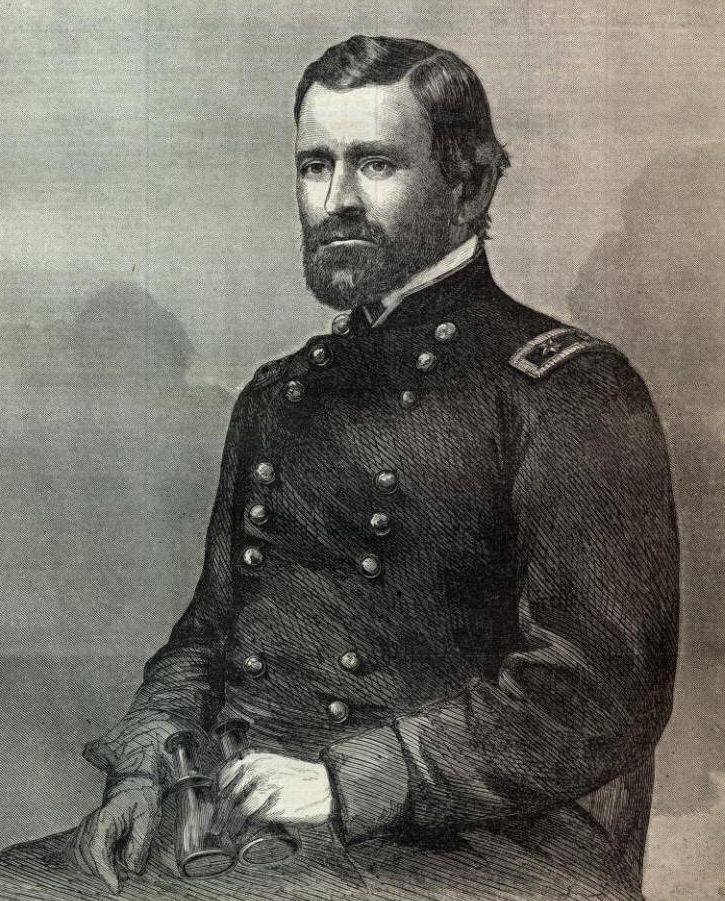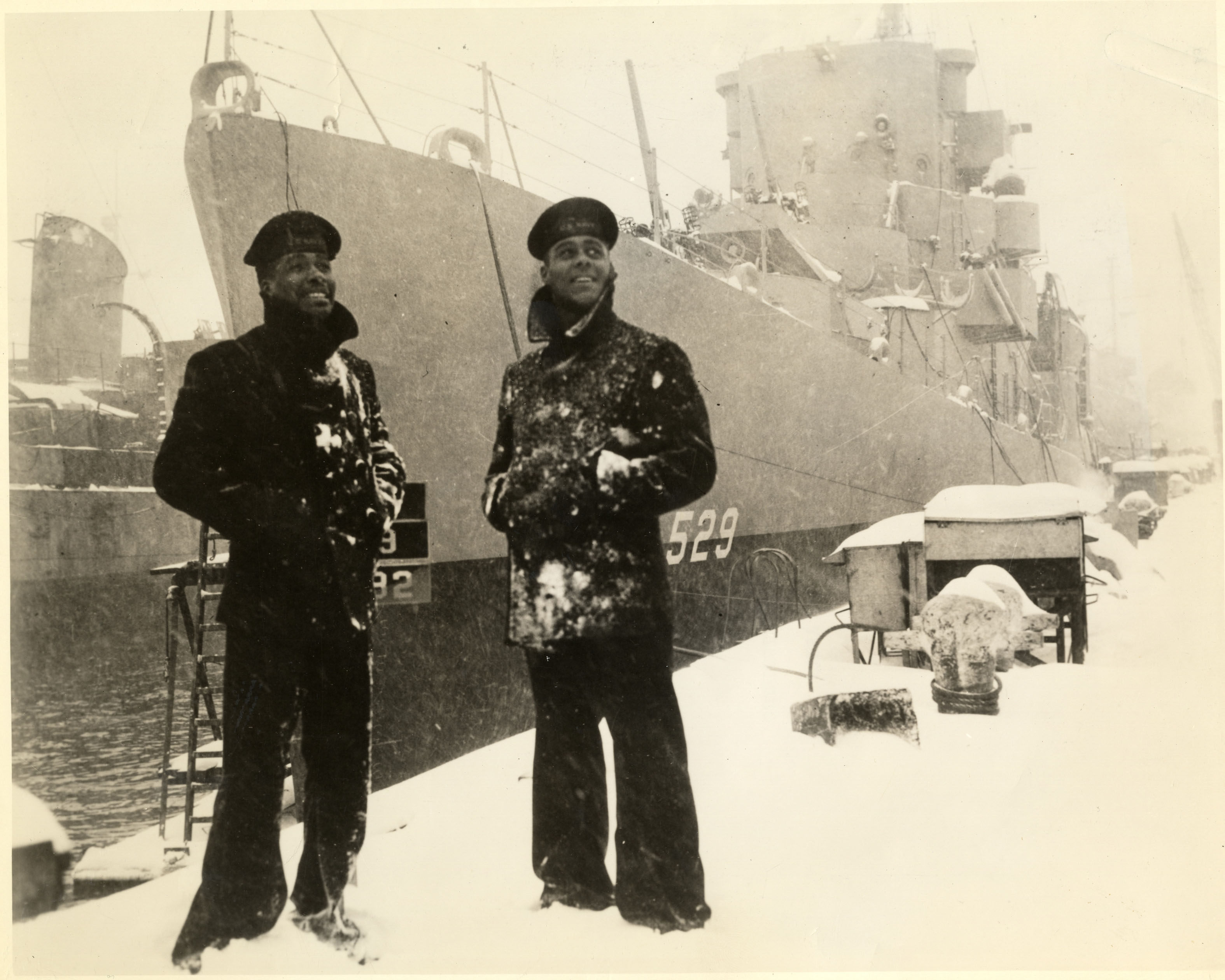Historian David McCullough tells a story about teaching an honors seminar to 25 history majors at Dartmouth College. When he asked the students if they knew who George Marshall was, nobody raised their hand. After a long silence, one student inquired, “Did he have something to do with the Marshall Plan?”
"Yes, I said," replied McCullough. "And that’s where we started talking about the general who supervised the U.S. Army during World War II and later received the Nobel Prize as Secretary of State."
We should not be surprised that young people are largely ignorant of one of the most important leaders who helped win the Second World War, since military history has so rarely been taught in schools and universities in recent years. But that's another topic.


